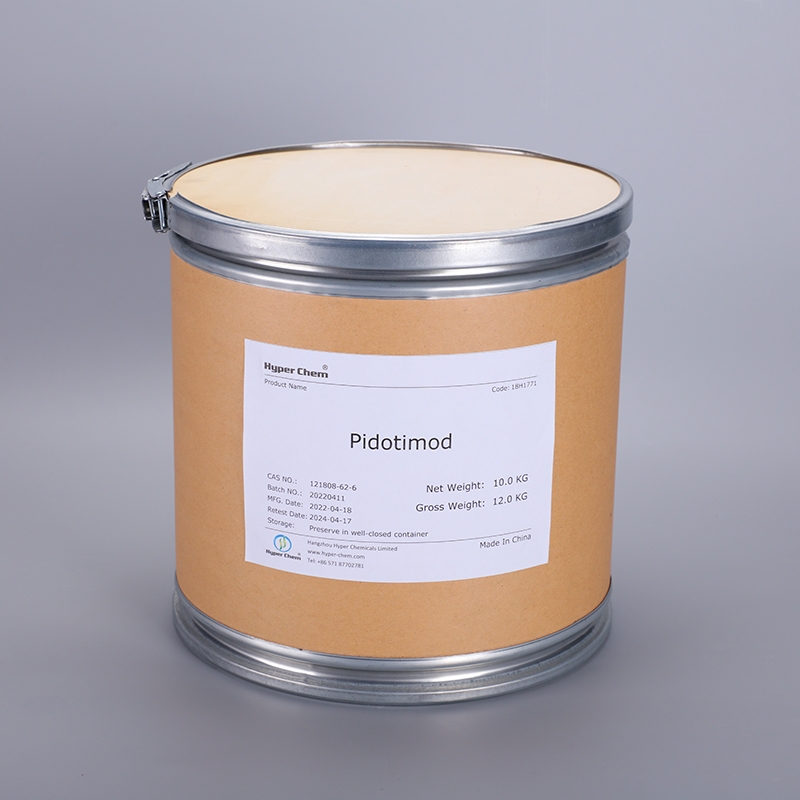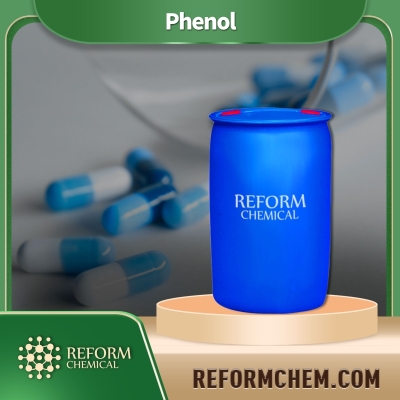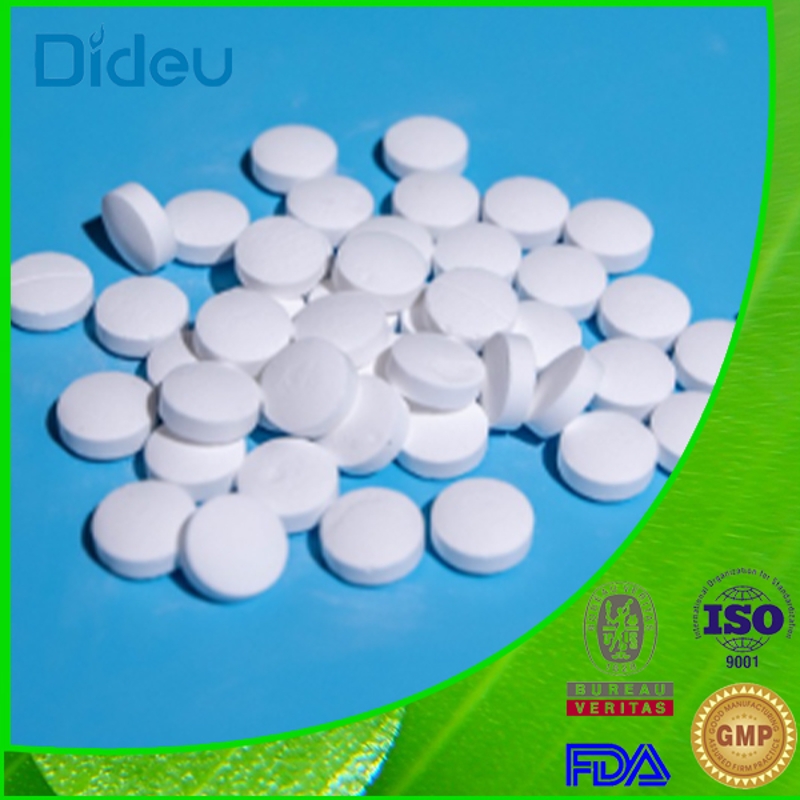-
Categories
-
Pharmaceutical Intermediates
-
Active Pharmaceutical Ingredients
-
Food Additives
- Industrial Coatings
- Agrochemicals
- Dyes and Pigments
- Surfactant
- Flavors and Fragrances
- Chemical Reagents
- Catalyst and Auxiliary
- Natural Products
- Inorganic Chemistry
-
Organic Chemistry
-
Biochemical Engineering
- Analytical Chemistry
-
Cosmetic Ingredient
- Water Treatment Chemical
-
Pharmaceutical Intermediates
Promotion
ECHEMI Mall
Wholesale
Weekly Price
Exhibition
News
-
Trade Service
In the context of the global pandemic of Coronavirus disease-19 (COVID-19), the emergence of COVID-19 co-infection with other pathogens or secondary infections has been reported, such as COVID-19-associated bacterial infections (CABI) and associated pulmonary aspergillosis (COVID-19).
associated pulmonary aspergillosis (CAPA), COVID-19 associated candidiasis (CAC), and associated mucormycosis (CAM
).
To this end, the Taiwan expert group reviewed the current literature and drew on international experience to develop this guideline, which aims to provide guidance
for the diagnosis and management of the above-mentioned COVID-19 combined bacterial or fungal infections.
The following are the main recommendations
.
General principles of treatment for COVID-19-associated bacterial infections (CABI).
Clinical manifestations
Antimicrobial choice in patients with suspected bacterial infection
Aids in diagnosis
Diagnosis of COVID-19-related pulmonary aspergillosis (CAPA).
Prevention and treatment
Diagnosis of COVID-19-related candidiasis (CAC).
treat
COVID-19-associated mucormycosis (CAM)
treatment
END
associated pulmonary aspergillosis (CAPA), COVID-19 associated candidiasis (CAC), and associated mucormycosis (CAM
).
To this end, the Taiwan expert group reviewed the current literature and drew on international experience to develop this guideline, which aims to provide guidance
for the diagnosis and management of the above-mentioned COVID-19 combined bacterial or fungal infections.
The following are the main recommendations
.
General principles of treatment for COVID-19-associated bacterial infections (CABI).
1.
Routine use of antibiotics
in patients with COVID-19 is not recommended.
Antibiotic use should have a clinical basis, such as clinical manifestations, severity, radiologic and laboratory data
.
(Recommended strength and evidence grading: 1B)
2.
Before giving empiric antibiotics to patients with COVID-19, a thorough microbiological examination is recommended in order to adjust, de-escalate, or discontinue antibiotics
.
(Strength of recommendation and grading of evidence: 1C)
Clinical manifestations
1.
Patients with critical COVID-19, including those requiring ICU admission or mechanical ventilation, are at higher risk of developing CABI and may require antibiotics
.
(Strength of recommendation and grading of evidence: 2B)
2.
White blood cell count, high C-reactive protein, or procalcitonin (PCT) level > 0.
5 ng/mL may indicate a higher
likelihood of CABI.
However, the panel recommends against the use of serum biomarkers alone to decide when to start antimicrobials, especially if the patient is
not critically ill.
(Recommended strength and evidence grading: 2C)
3.
Routine antibiotic administration is not recommended for patients with COVID-19 treated with immunomodulators such as glucocorticoids and interleukin-6 inhibitors, where there is weak evidence that these drugs may induce secondary bacterial infections
.
(Strength of recommendation and grading of evidence: 2B)
Antimicrobial choice in patients with suspected bacterial infection
1.
When patients develop bacterial co-infection of the lungs in a non-critically ill or non-ICU setting, empiric antibiotics are recommended to cover typical and atypical pathogens
in community-acquired pneumonia.
(Recommended strength and evidence grading: 2C)
2.
Empiric addition of antibiotic Methicillin-resistant Staphylococcus aureus (MRSA) to treat bacterial co-infection
of the lungs in some critically ill or ICU patients is recommended.
(Recommended strength and evidence grading: 1B)
3.
For secondary bacterial infections of the lungs in non-critically ill or non-ICU patients, conventional monomonoscopic antibiotic therapy
is recommended.
(Recommended strength and evidence grading: 1B)
4.
According to the local epidemiological situation, antipseudomonas and/or anti-MRSA antibiotics
can be used in combination for secondary bacterial infections of the lungs in patients with severe disease or ICU.
(Recommended strength and evidence grading: 2C)
Aids in diagnosis
1.
Conditions allow for syndrome diagnostic tests (multiplex PCR) with high sensitivity, high negative predictive value, and short turnaround times to improve, simplify, discontinue, or avoid antimicrobial use
in critically ill COVID-19 patients.
(Strength of recommendation and grading of evidence: 2B)
2.
Multiplex PCR testing should be performed using specimens collected from endotracheal catheters or bronchoalveolar lavage (BAL) to avoid overdiagnosis of pulmonary CABI, while routine cultures should be performed
systematically.
(Recommended strength and evidence grading: 1B)
3.
Multiplex PCR testing using specimens collected from nasopharyngeal swabs to guide early antimicrobial therapy
in COVID-19 patients is not recommended.
(Strength of recommendation and grading of evidence: 1C)
4.
It is recommended to limit the use of antimicrobials in patients with mild to moderate COVID-19, especially those with low initial PCT levels (< 0.
25 ng/mL
).
(Recommended strength and evidence grading: 2C)
5.
Early de-escalation or discontinuation of antibiotics
is recommended for COVID-19 patients with low PCT levels (< 0.
25 ng/mL).
(Recommended strength and evidence grading: 2C)
6.
Serial PCT measurements are recommended for all hospitalized patients with COVID-19, especially critically ill or ICU patients
undergoing mechanical ventilation.
(Recommended strength and evidence grading: 2C)
Diagnosis of COVID-19-related pulmonary aspergillosis (CAPA).
1.
Modified AspICU or ECMM/ISHAM (European Federation of Medical Mycology and International Society of Human/Animal Mycology) consensus is recommended for the diagnosis of CAPA
.
(Recommended strength and evidence grading: 2D)
2.
Currently, there is no gold standard
for CAPA diagnosis.
Clinicians are advised not to rely solely on definitions to diagnose CAPA when diagnosing invasive pulmonary aspergillosis in patients with COVID-19, and clinical synthesis is encouraged
.
(Recommended strength and evidence grading: 2D)
3.
Considering the feasibility of diagnostic procedures, non-directed BAL may be an alternative
to directed BAL that helps diagnose CAPA.
(Recommended strength and evidence grading: 2D)
Prevention and treatment
1.
Based on the available data, routine antifungal prophylaxis
is recommended for patients with COVID-19.
(Recommended strength and evidence grading: 2D)
2.
The use of antifungal prophylaxis with antifungal activity should be guided by risk stratification, endemic fungal epidemiology, and drug efficacy and tolerability
.
(Recommended strength and evidence grading: 2D)
3.
Antifungal therapy
is recommended for patients with confirmed and suspected CAPA.
(Recommended strength and evidence grading: 1B)
4.
Voriconazole, isaconazole, posaconazole, and liposomes with amphotericin B are recommended for single-agent or single-agent sequential therapy
.
(Strength of recommendation and grading of evidence: 1C)
5.
Amphotericin B deoxycholate and echinocandins may be considered as alternative therapies
.
(Strength of recommendation and grading of evidence: 1C)
6.
Recommend that antifungal regimens
be tailored to the identified Aspergillus species, treatment response, adverse effects, and therapeutic drug monitoring (TDM).
(Strength of recommendation and grading of evidence: 1C)
7.
When considering single-agent sequential therapy or combination therapy, it is recommended to refer to antifungal resistance or susceptibility testing for drug selection
.
(Recommended strength and evidence grading: 2C)
8.
The duration of treatment of antifungal drugs is recommended to be determined based on clinical and laboratory data of treatment response (such as serum GM test and chest imaging), and can be discontinued after comprehensive assessment of recurrence risk in 6~12 weeks
.
(Recommended strength and evidence grading: 2D)
Diagnosis of COVID-19-related candidiasis (CAC).
1
.
Candida scores may have little effect on early detection of CAC in patients with COVID-19.
(Recommended strength and evidence grading: 2C)
treat
1.
Fluconazole is recommended as first-line empirical therapy
in patients who are not critically ill or at low risk of Candida azole resistance.
(Strength of recommendation and grading of evidence: 1A)
2.
Echinocandin is recommended as first-line empiric therapy
for critically ill patients, patients with a history of recent azole exposure, or high risk of Candida azole resistance.
(Strength of recommendation and grading of evidence: 1A)
3.
Echinocandin is recommended for the treatment of candidemia
caused by Candida auris.
(Strength of recommendation and grading of evidence: 1C)
4.
If the patient persists in candidemia or does not respond clinically to echinocandin therapy, and there is no evidence of amphotericin B resistance, liposomal amphotericin B or amphotericin B deoxycholic acid therapy
may be considered.
(Recommended strength and evidence grading: 2C)
5.
Patients with renal pelvis or fungal balls or casts in the bladder caused by Candida species may consider delaying surgery
after balancing the risk of patient and the risk of new coronavirus transmission when surgical intervention is required.
(Recommended strength and evidence grading: 2C)
COVID-19-associated mucormycosis (CAM)
treatment
1.
Strict glycemic control and optimal glucocorticoid use
are recommended.
(Strength of recommendation and grading of evidence: 1C)
2.
Antifungal therapy and prompt surgical debridement
of CAM are recommended.
For patients requiring debridement, surgical intervention should not be delayed and surgery should be performed under well-established protective facilities to prevent the spread of
the new coronavirus.
(Strength of recommendation and grading of evidence: 1C)
3.
Initial treatment: The panel recommends 4-6 weeks of induction and consolidation therapy
.
(Recommended strength and evidence grading: 1B)
Amphotericin B liposomes are recommended as the main therapeutic agent, with a dose of 5 mg/kg/day for patients without central nervous system (CNS) and 10 mg/kg/day
for patients with CNS involvement.
4.
Alternative therapies (recommended strengths listed in order):
A.
Amphotericin B deoxycholate (1~1.
5 mg/kg/d) should be dissolved in 5% glucose and slowly infusion at a rate of 0.
08 mg/kg/h for 6~8 hours
.
Pre-administration of diphenhydramine or acetaminophen prior to infusion is recommended to avoid drug-related reactions
.
To avoid nephrotoxicity, 1 L of normal saline
may be given before and after infusion.
(Recommended strength and evidence grading: 1B)
B.
Posaconazole is preferably administered intravenously, or orally as a tablet, at a dose of 300 mg twice daily on day 1, followed by 300 mg once daily
.
(Strength of recommendation and grading of evidence: 1C)
C.
Isaconazole is preferably administered intravenously, or orally in tablets, at a dose of 200 mg three times daily for 2 days; Then 200 mg
daily starting on day 3.
(Strength of recommendation and grading of evidence: 1C)
5.
Maintenance therapy: The recommended duration of treatment is 3~6 months until the clinical signs and symptoms subside.
A.
Posaconazole is preferably administered intravenously, or orally as a tablet, at a dose of 300 mg twice daily on day 1, followed by 300 mg once daily
.
(Strength of recommendation and grading of evidence: 1C)
B.
Isaconazole is preferably administered intravenously, or orally in tablets, at a dose of 200 mg 3 times daily for 2 days; 200 mg
daily from day 3.
(Strength of recommendation and grading of evidence: 1C)
END
References: Wu HY, Chang PH, et al.
Recommendations and guidelines for the diagnosis and management of Coronavirus Disease-19 (COVID-19) associated bacterial and fungal infections in Taiwan.
J Microbiol Immunol Infect.
2022 Dec 21:S1684-1182(22)00284-5.







